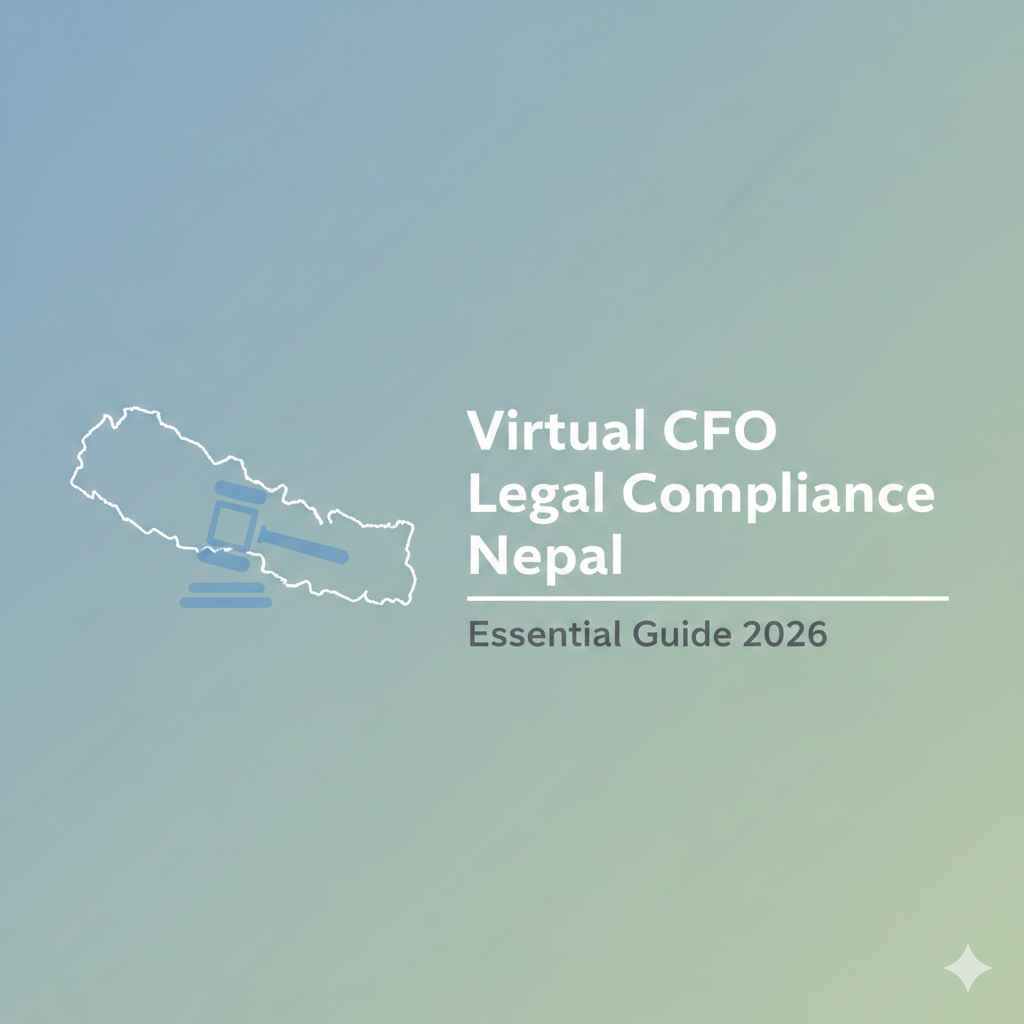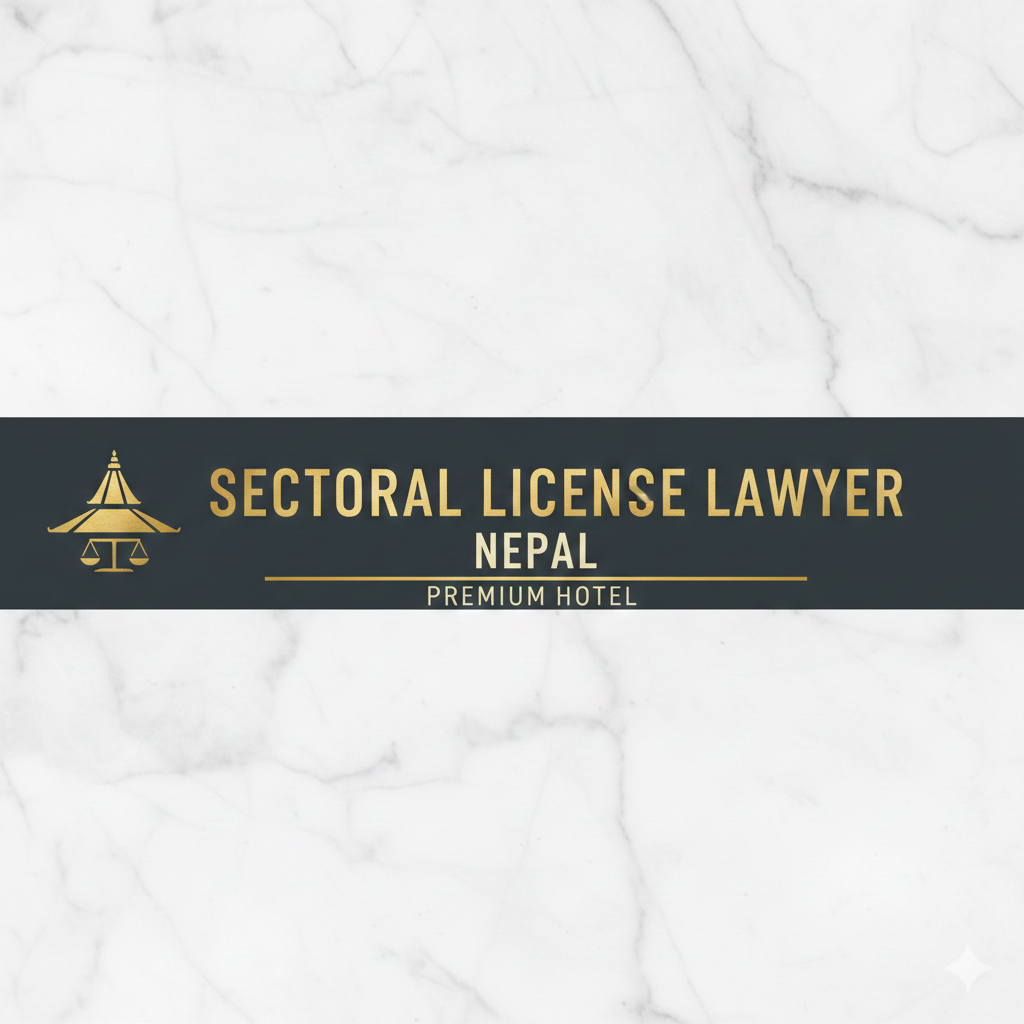
Introduction
Becoming a government lawyer in Nepal is a prestigious and impactful legal career path. Government lawyers play a vital role in representing the state, advising ministries, handling public interest litigation, and ensuring the lawful operation of the government’s actions. This career offers stability, legal authority, and a chance to contribute directly to governance and public justice.
In this guide, we’ll walk you through the complete process, eligibility, exams, career path, and frequently asked questions (FAQs) on how to become a government lawyer in Nepal.
Who Is a Government Lawyer in Nepal?
A government lawyer in Nepal typically serves in roles such as:
- Government Attorney (सरकारी वकिल)
- Legal Officer in Ministries or Departments
- Deputy Attorney General, Joint Attorney, or Chief Attorney (in provinces)
- Legal Advisor in Constitutional Commissions and Government Enterprises
They handle legal matters for the government, prosecute criminal cases, and provide legal advice to various departments and agencies.
Path to Becoming a Government Lawyer in Nepal
1. Complete Your Legal Education
To qualify for any government legal post in Nepal, you must first complete a recognized legal education program:
- Bachelor of Laws (LL.B) — 3 years (if you have a bachelor’s in another field)
- BA LL.B or 5-year integrated course (offered by institutions like Nepal Law Campus)
📌 Tip: A strong academic record and legal internship experience will give you an edge in competitive exams.
2. Obtain Advocate License from Nepal Bar Council
After graduation, every aspiring lawyer must obtain an Advocate License by passing the Bar Council Examination conducted by the Nepal Bar Council (नेपाल कानून व्यवसायी परिषद्).
- Exam includes: General law, Code of Conduct, Legal Procedure
- Required for legal practice and to qualify for further government law positions
3. Pass the Lok Sewa Aayog (PSC) Examination
The Public Service Commission (PSC) of Nepal – लोक सेवा आयोग is the primary authority that recruits Government Legal Officers and Law Officers.
Key Government Legal Posts Recruited via PSC:
| Position | Minimum Qualification | Authority |
|---|---|---|
| Section Officer (Law) | Bachelor of Law (LL.B) | PSC (Lok Sewa) |
| Legal Officer | LL.B + Advocate License | Various Ministries |
| Deputy Government Attorney | LL.B + PSC + Bar License | Office of Attorney General |
| Government Attorney | Promoted from Deputy Attorney or Direct Recruitment |
4. Serve in Public Legal Institutions
Once recruited, you may be assigned to:
- Office of the Attorney General (OAG)
- Ministry of Law, Justice and Parliamentary Affairs
- Provincial Attorney Offices
- Judicial Councils or Public Corporations
5. Gain Experience and Climb the Ranks
Through service and promotion, you can rise to senior legal posts like:
- Joint Attorney General
- Chief Attorney (Province)
- Legal Advisor in Commissions or Government Boards
Promotions are based on experience, performance evaluations, and internal service commission reviews.
Why Choose a Career as a Government Lawyer in Nepal?
✅ High job security and government salary
✅ Opportunity to serve the nation and justice system
✅ Career progression to top legal advisory roles
✅ Access to legal reform and constitutional interpretation
✅ Pension and civil servant benefits
FAQs: How to Become a Government Lawyer in Nepal
1. What qualifications are required to become a government lawyer in Nepal?
A Bachelor of Law (LL.B) degree, an Advocate license from Nepal Bar Council, and passing the PSC (Lok Sewa) exam are minimum requirements.
2. Do I need to pass Lok Sewa Aayog (PSC) to become a government attorney?
Yes. For positions like Government Attorney or Section Officer (Law), clearing PSC exams is mandatory.
3. What is the age limit for applying for legal government posts?
Generally, 21–35 years (for men) and 21–40 years (for women and disadvantaged groups). Confirm with each year’s PSC notice.
4. Can LL.M graduates apply directly to senior positions?
Yes, in some cases LL.M holders may apply for higher-level roles or get priority in promotion, but most must still pass PSC and start from entry-level.
5. What is the salary of a government lawyer in Nepal?
Starting salary varies by rank, but generally begins around Rs. 40,000–Rs. 60,000/month, excluding allowances and benefits.
6. Is there a difference between a government lawyer and a public prosecutor?
Yes. Public prosecutors are part of the Office of the Attorney General and focus primarily on criminal prosecution, while other government lawyers may handle civil, administrative, or constitutional law.
7. Can a private lawyer become a government lawyer later?
Yes. Private advocates can apply through PSC exams or lateral entry processes if eligible.
8. What is the role of the Office of the Attorney General?
It is the constitutional body responsible for representing the Government of Nepal in courts and offering legal advice to the government.



